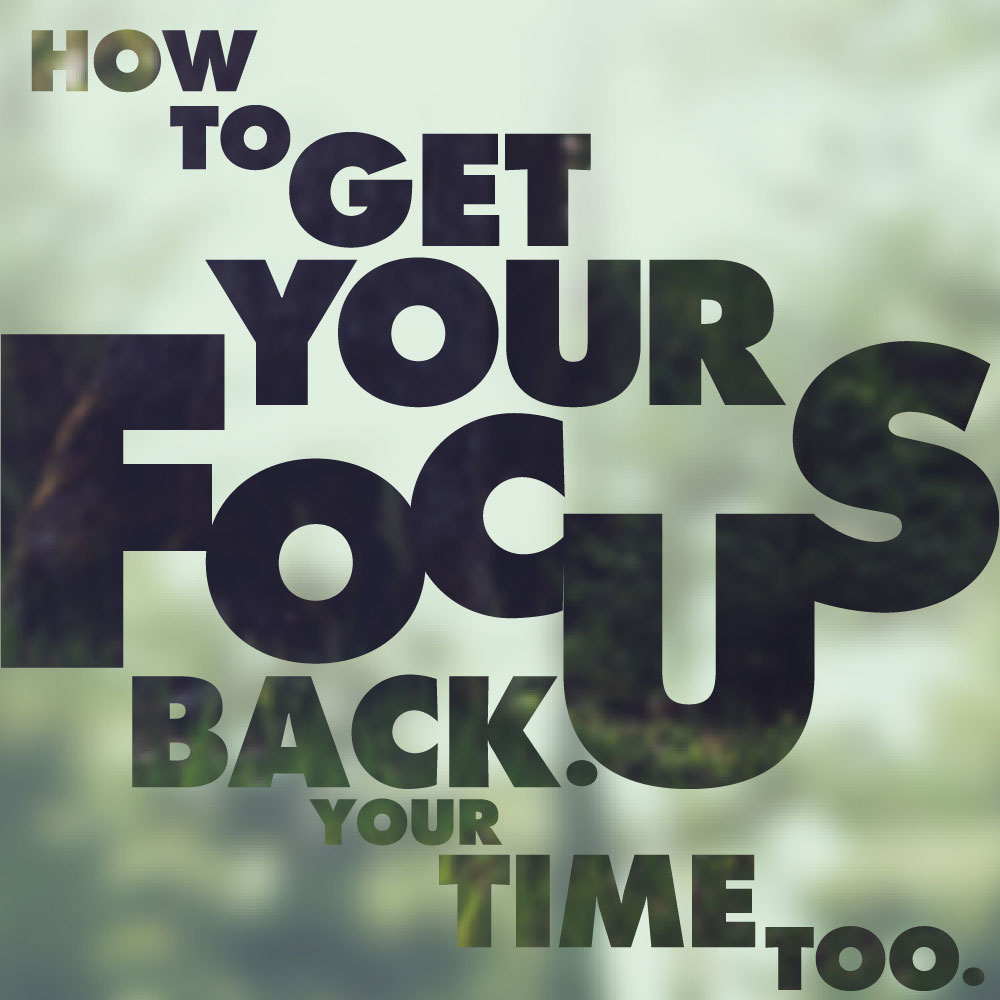

I learned that there is scientific evidence for 12 factors that can degrade our attention-and many of those factors have been rising dramatically in the past few years. Professor Barbara Demeneix, a French scientist, told me, “There is no way we can have a normal brain today.” Professor Joel Nigg, one of the leading experts on children’s attention problems, told me that we need to ask if we are living in an “attentional pathogenic environment,” one in which tasks that require deep focus-like reading a book-are becoming more and more like running up a down escalator. I learned from them that this is, in fact, a systemic crisis-one that is happening to all of us-and it requires systemic solutions. When I felt my own attention fraying, I’d say, “You’re weak, you’re lazy, your willpower isn’t strong enough.” But then I spent three years traveling all over the world, interviewing over 200 leading experts on this subject. Most of us are responding to this crisis by blaming ourselves. Even the average Fortune 500 CEO only gets 28 minutes of uninterrupted focus a day. The average office worker spends just three minutes. The average college student now spends just 65 seconds on each task. We are now living in a serious crisis of attention-one that is analogous to the obesity crisis, or the climate crisis. Your attention didn’t collapse-it was stolen. Listen to the audio version-read by Johann himself-in the Next Big Idea App.
#Back in focus how to
His TED Talks have been viewed over 70 million times, and his work has been praised by a broad range of people, from Oprah Winfrey to Noam Chomsky to Joe Rogan.īelow, Johann shares 5 key insights from his new book, Stolen Focus: Why You Can’t Pay Attention-and How to Think Deeply Again.

He has written for the New York Times, Le Monde, The Guardian, and other newspapers.


 0 kommentar(er)
0 kommentar(er)
